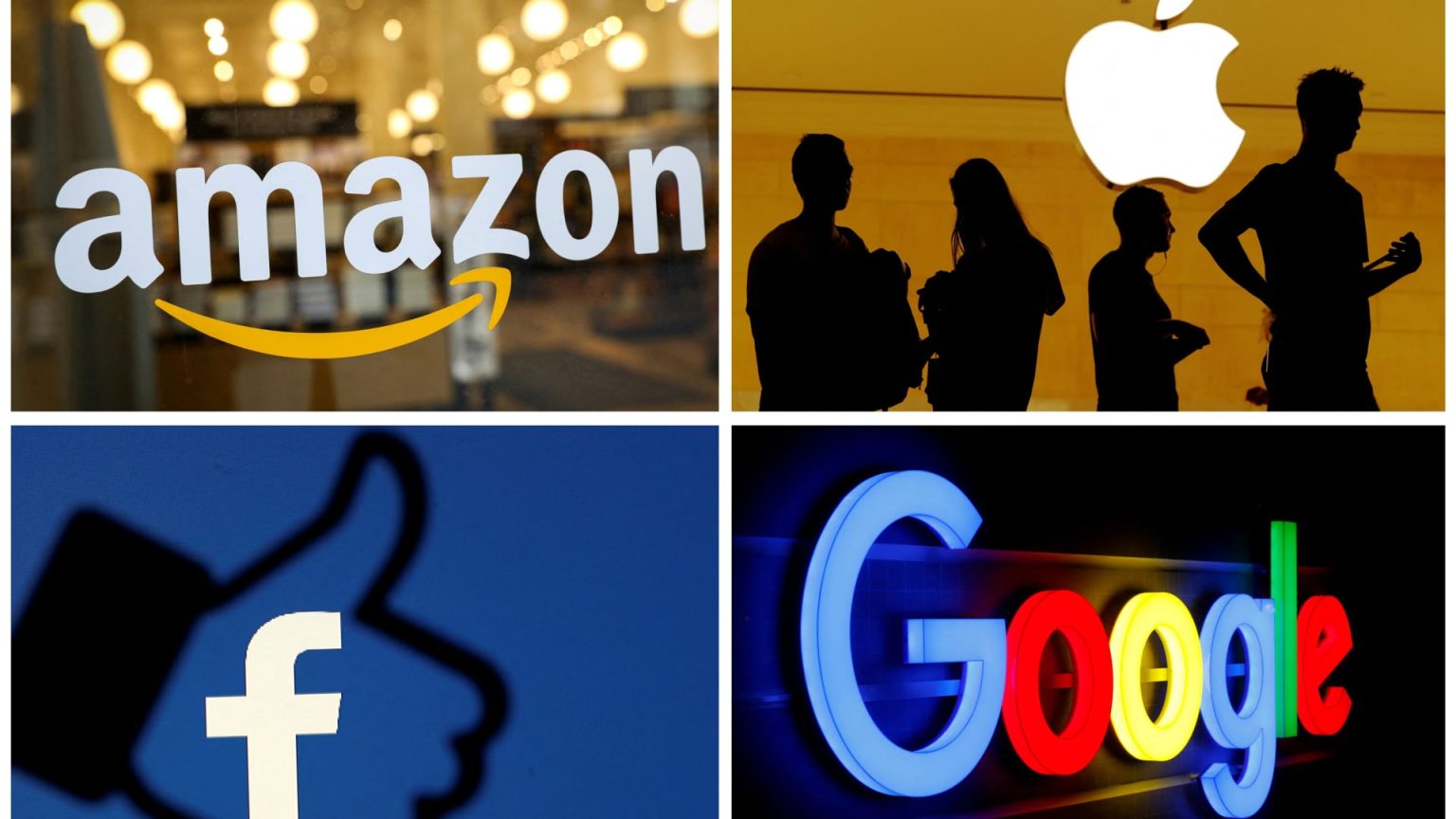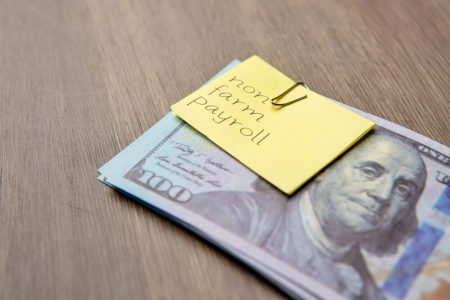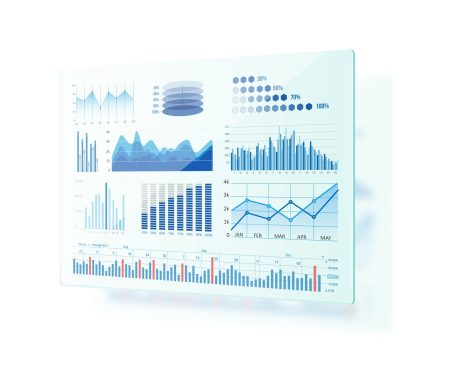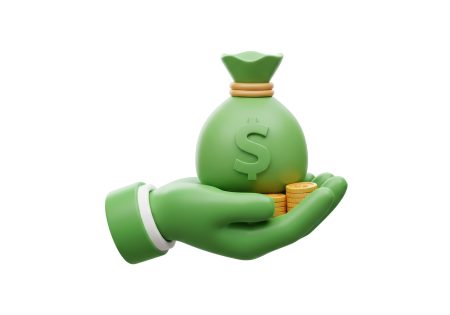If you still doubt the power that the biggest stocks have over this market, Friday’s performance should dispel it: Meta Platforms added $29.95, or 5.8%, bumping its gain this year to more than 52.8%. Amazon rallied $2.41, or 1.2%, and is now up roughly 31.6% in 2024. Alphabet increased $4.78, or 2.5%, for a year-to-date return of more than 36.6%. Microsoft put on $6.79, or 1.4%, and is up 24.8% for the year. Apple tacked on $4.79, or 2.1%, to give it a 17.9% gain. They are simply staggering gains for these mega-cap tech stocks in the portfolio. Sure, Nvidia shed a few bucks on Friday as the chipmaker continues to adjust to its 10-for-1 split. But the stock is still up 154.1% for year. By comparison, the broad-based S & P 500 index is up 15.7%, while the more tech-heavy Nasdaq Composite gained 22.2%. Put aside for a moment that we also own Eli Lilly . Shares of the drugmaker rose $16.47 (1.8%) on Friday, bringing its total gain for the year to 57.4% — despite a vicious and gratuitously political attack by President Joe Biden. Biden, who has waged a not-so-subtle war on pharma since taking office, on Tuesday called on Lilly and Novo Nordisk to cut the prices of their weight-loss and diabetes drugs. This is a triumph of titan tech over everything, everything in the world. How much of this rally is based on the strength of recent earnings versus a belief that earnings will not dissipate if gross domestic product slows with a concomitant decline in inflation? The latter is something the June consumer price index (CPI), which comes out Thursday, could prove dispositive. The answer is that these tech giants — plus Lilly because of its explosive GLP-1 franchise that’s way out in front of its competition — are viewed as triumphant regardless of the economy’s direction. They are sainted. Plain and simple. Unlike the world of sports, Wall Street is a place of theses. We may think, for example, that there are elite teams within the purity of the National Football League. We ascribe their successes to management teams placing the best players on the field and moving them correctly. We don’t say they have a secular wind at their backs. On Wall Street, we have to attribute gains to something more than management’s skill in putting the best products on the field and then moving them correctly. We don’t say: Apple’s business is much better than we thought. We say that Apple can transcend the economy because its consumer business is so strong that its colleagues — not competitors but colleagues — will shower it with the AI they have spent billions of dollars to build. The only question is which AI company will pay Apple the most to access the 2.2 billion active users of its devices because enterprise isn’t big enough to continue its dominance. These are companies that invent amazing franchises — YouTube, Reels, Amazon Web Services, Copilot — that can manage the obstacles of a slowdown. There are a few others. Costco and Walmart are both up about 34% this year by capturing the zeitgeist of a frugal consumer in an economic squeeze. Of course, there’s the effervescent Tesla , the unsinkable brainchild of Elon Musk, once again back in the black, sheerly out of a cult of personality. How dare anyone doubt his alchemy? But the theses, the endless theses. They are almost novelistic — more fantasy than fact — in discrediting the ability of the best to get better. They keep coming back to one main point: You can’t have these companies dominate without something bad happening to the stock market. The lack of a belief that the ascension of these stocks is actually good for the market is a given. Do you ever hear: Thank heavens for these stocks? Nah, it’s all about the impossibility of their ability to continue to dominate without a decline of some magnitude — perhaps a decline of great magnitude. Let me present a different, factual manifesto: The companies with these amazing gains are companies that just don’t stop inventing. There is never a moment when something new isn’t working for them. Their stocks beat the averages because their businesses, based on innovation and not financial engineering, transcend the innovations of others. Is it really a fluke that the most inventive of pharmaceutical companies rivals the performance of the lower capitalized of these mega-caps? I don’t think so. There’s a two-fold pernicious nature to the denigration of a market based on the advances of a sainted few. The first is that these stocks have gotten ridiculously overvalued. And the second is that no one in his or her right mind would invest in a market dominated by a handful of stocks. Let me attack these two points. The first one is true to some degree. How did Apple tack on such a high multiple (34 times earnings) when we are used to 23 times at best? The triumph of the consumer market over the enterprise. But the multiples of Alphabet and Meta in the mid-20s don’t seem that expensive. What are we supposed to pay for the best of the best in Amazon and Microsoft other than twice the market multiple and then a tad more? I don’t know. Like Nvidia, they might turn out to be cheap on next year’s numbers. Or we just don’t know how to value them so we just pay the max amount, like court-side NBA tickets or a box on the fifty-yard line. Far more important to me: Why the heck does it matter to the overall market? If you have most of the new money indexed, what do you expect? Every new dollar is in more than quarters to these companies. You want them to become smaller? Then you need index money to come out of the market. But we all accept that most indexed money is sticky, if not epoxied, to the S & P 500. So what’s the deal? Why not complain about passive investing as the culprit and not some non-existent cult of the titan? You know my bias: These are the best in good times and bad. But their incredible market caps have much more to do with “money in” than with some sort of freak scenario that will be undone by events or Treasury auctions like the 10-year and the 30-year we have this week. In that sense, I have had to adopt a “quit your complaining” view of their strength, lest I feel compelled to sell them. You could argue that the Club’s strength is an insistence that we not be bound to faux dogma about these stocks. The Circes won’t stop. Strap yourself to the mast for tomorrow’s round of “unsustainable.” I will, once again, ask myself why the Club is anomalous. Why do so many people have to be driven from the market because of concentration if it can be justified by invention and flows of funds? Isn’t it enough to say the sheer mental acuity is enough to justify superiority and superiority means a bigger piece of a growing pie even if some of the multiples have gotten out of whack versus revenues? So once again, temptation to take profits will be there. And once again, that temptation, justified by the fictional thesis of a market collapsing under the weight of the mega-caps, or a Samson-like ETF, must be resisted. Or ask yourself: Hasn’t the complaint been front and center for many years? Has it ever been right? With that the defense of the status quo rests. Let the prosecution begin anew, perhaps with some sort of new theory, or perhaps, with no theory at all save “this can’t possibly last.” On rebuttal, I would say not only could it last, but look for others to join in. (See here for a full list of the stocks in Jim Cramer’s Charitable Trust.) As a subscriber to the CNBC Investing Club with Jim Cramer, you will receive a trade alert before Jim makes a trade. Jim waits 45 minutes after sending a trade alert before buying or selling a stock in his charitable trust’s portfolio. If Jim has talked about a stock on CNBC TV, he waits 72 hours after issuing the trade alert before executing the trade. THE ABOVE INVESTING CLUB INFORMATION IS SUBJECT TO OUR TERMS AND CONDITIONS AND PRIVACY POLICY , TOGETHER WITH OUR DISCLAIMER . NO FIDUCIARY OBLIGATION OR DUTY EXISTS, OR IS CREATED, BY VIRTUE OF YOUR RECEIPT OF ANY INFORMATION PROVIDED IN CONNECTION WITH THE INVESTING CLUB. NO SPECIFIC OUTCOME OR PROFIT IS GUARANTEED.
If you still doubt the power that the biggest stocks have over this market, Friday’s performance should dispel it:
Read the full article here













